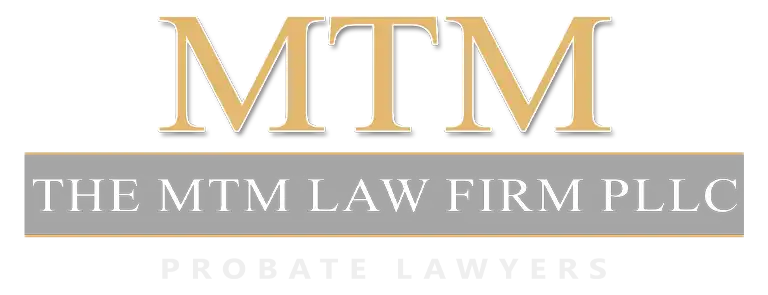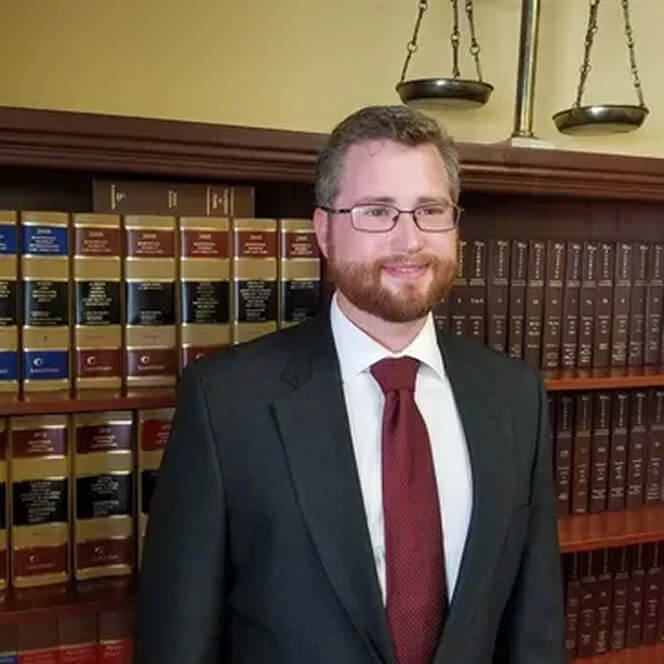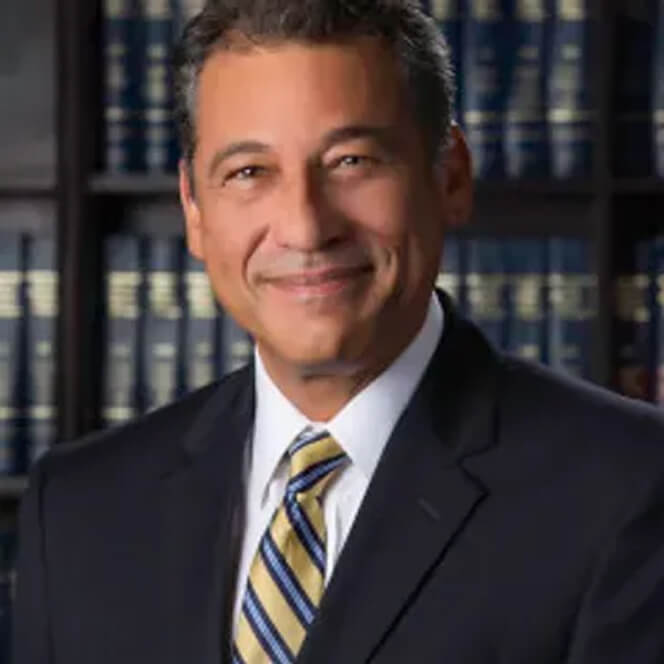Last Will and Testament in Florida
Last Will and Testament in Florida

Call 863.250.2990 today to schedule a Free Consultation with our skilled Testamentary Will & Estate Planning attorneys.
Beyond the Basics: The Versatility of a Florida Last Will and Testament
What a Florida Last Will and Testament Can Do:
Directing Asset Distribution: This is the core function. You specify who receives your real estate, personal property, financial accounts, and other assets. You can designate specific items to individuals or divide your estate amongst multiple beneficiaries in percentages or specific amounts.
Naming Your Personal Representative (Executor): Your Will appoints the person responsible for managing your estate through the probate process. Choosing a trustworthy and capable individual is crucial for efficient administration.
Nominating Guardians for Minor Children (Florida Statute 744.304): If you have minor children, your Will allows you to nominate who you would like to be their legal guardian. While the court has the final say, your wishes are given significant weight.
Establishing Trusts within Your Will (Testamentary Trusts): You can create trusts within your Will that come into effect upon your death. This can be useful for managing assets for young beneficiaries, individuals with special needs, or for specific financial goals.
Specifying How Debts and Taxes Should Be Paid (Florida Statute 733.707): Your Will can provide instructions on how your debts and estate taxes should be paid, potentially avoiding disputes among beneficiaries.
Making Specific Gifts (Bequests): You can leave specific items or sums of money to individuals, charities, or organizations.
Disinheriting Individuals: While Florida law has some limitations, you can generally specify who you do not want to inherit from your estate.
Expressing Your Wishes for Funeral Arrangements: While not legally binding, you can express your preferences for funeral or memorial arrangements.

Beyond Boilerplate: The Importance of Experienced Guidance

Understand the Legal Requirements
Ensure your Will complies with all Florida Statutes to avoid challenges to its validity.

Tailor Your Will to Your Unique Needs
We take the time to understand your family dynamics, assets, and goals to create a Will that truly reflects your wishes.

Navigate Complex Situations
We can advise you on issues such as blended families, business ownership, and estate tax considerations.

Minimize Potential Disputes
A well-drafted Will can anticipate potential conflicts and provide clear instructions to prevent disagreements among your loved ones.

Integrate Your Will with Other Estate Planning Documents
We can ensure your Will works seamlessly with other documents like trusts and powers of attorney to create a comprehensive plan.
Secure Your Legacy with The MTM Law Firm, PLLC:

A Florida Last Will and Testament is a powerful tool for ensuring your wishes are carried out and protecting your loved ones. Don’t leave something this important to chance. The MTM Law Firm, PLLC, is dedicated to providing knowledgeable and effective legal guidance in crafting a Will that is both versatile and tailored to your specific needs.
Contact The MTM Law Firm, PLLC today for a consultation to discuss how a well-crafted Last Will and Testament can provide you with peace of mind and secure your legacy for the future.
If you have questions about Testamentary Will & Estate Planning issues, don’t wait—make sure your legal rights are protected. Call 863.250.2990 today to schedule your Free Consultation with our Last Will and Testament attorneys.
Attorneys
A graduate of Jones Law, he is our team lead for the probate department and case management. He is the one to establish the plan in court.
A graduate of St Thomas Law, Carlos is head of client management and client relations. He is the master of what happens out of court.
A graduate of Cumberland School of Law, Dennis serves as of counsel bringing legislative experience from his tenure as U.S. Congressman.



